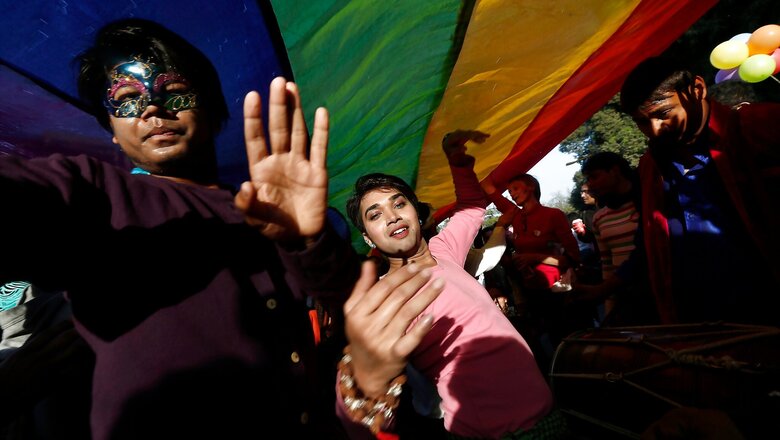
views
New Delhi: With Supreme Court scrapping section 377 and decriminalising gay sex, members of the LGBTQ community hit the streets on Thursday evening to celebrate the historic judgment.
However, Arun Patel, a cab driver closely watching the rally was confused. “They are demanding ‘azaadi’ from what?” he asked.
The answer to his question lies in history.
Section 377 was introduced by the British, modelled on the Buggery Act of 1533. This section of the Buggery Act was drafted by Thomas Macaulay in 1838 and was brought into effect in 1860. It defined ‘buggery’ as an unnatural sexual act against the will of God and man, thus, criminalising anal penetration, bestiality and homosexuality, in a broader sense.
In 2001, Naz Foundation, a non-governmental organisation filed a petition challenging the constitutionality of Section 377 in the Delhi High Court. They filed a lawsuit seeking the legalisation of homosexual relations between consenting adults.
The Delhi High Court dismissed the Naz Foundation petition, saying the body had no standing in the matter. The Naz Foundation appealed against the dismissal in the Supreme Court in 2006 and the Supreme Court instructed the Delhi High Court to reconsider the case.
In a landmark decision, the Delhi High Court decriminalised homosexuality among consenting adults, and said that it violates the right to equality, right against discrimination and protection of life under the Indian Constitution.
After the high court’s judgment, various appeals were made to the Supreme Court, challenging the high court’s authority to change a law. In December 2012, the Supreme Court overturned the high court’s decision, after finding it “legally unsustainable.”
Amid celebrations over Thursday's ruling, many also acknowledged that their fight would go on as absolute equality remained some distance away. They said that hurdles such as fear of police and mob violence, legal obstacles to right to adoption and gay marriages continue to exist.
The slogans and cheers did not satiate the cab driver’s curiosity. He further asked, “They look so happy, why are they celebrating?”
“We are happy because it is independence day for us,” said a proud member of the LGTBQ community.
He was not wrong, it was a loud proclamation of freedom. The streets were filled with people dancing, hugging, and crying. As chants continued to reverberate, the rainbow flag fluttered high.












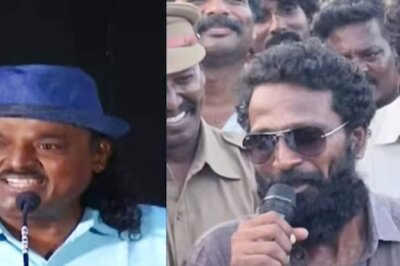
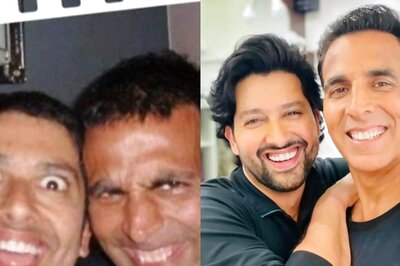


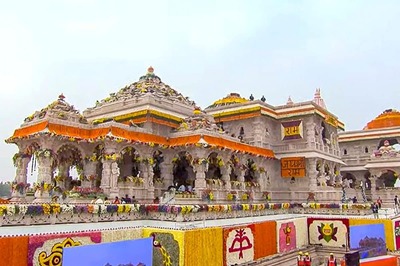
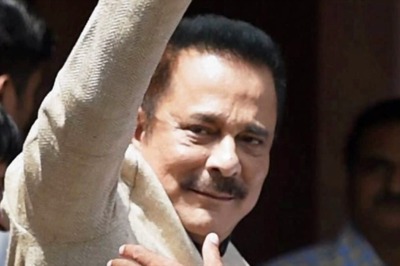
Comments
0 comment